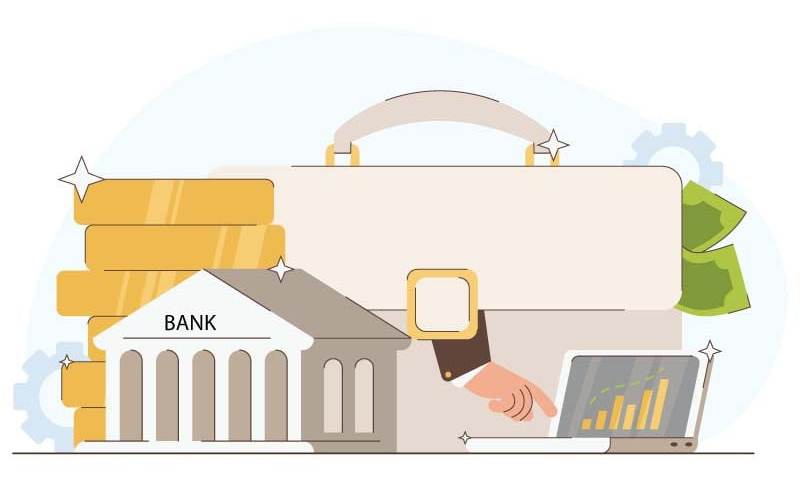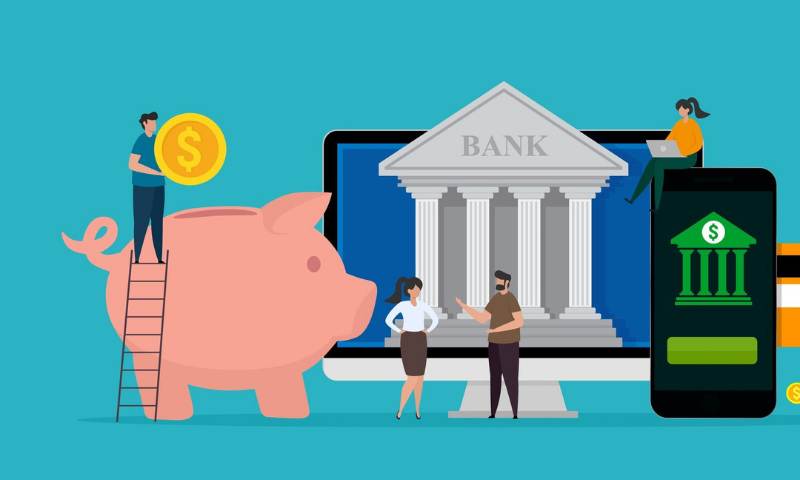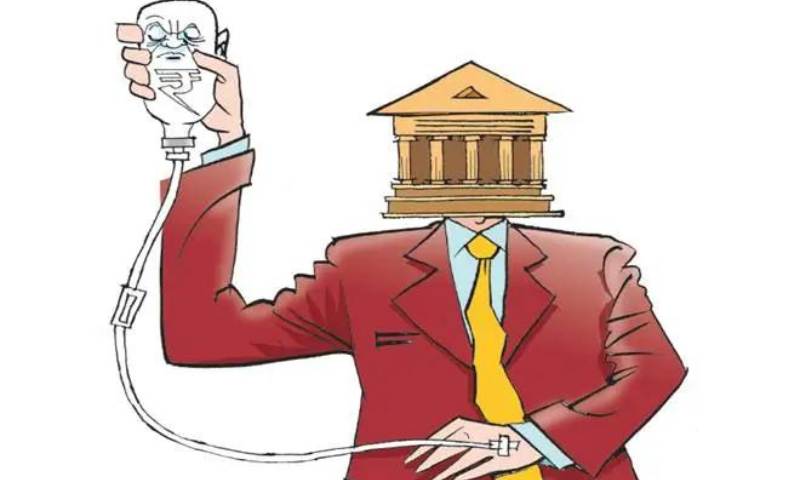Imagine a world where you bypass traditional banks for your financial needs. That’s financial disintermediation and fintech in action. Here, you’ll learn how these forces are reshaping money management. You’ll see how peer-to-peer lending and digital banking are not just options but necessary tools for modern finance. We’ll delve into blockchain and cryptocurrencies, showing you how they’re flipping the banking world on its head. You’ll get clever tips on using digital wallets and robo-advisors to make your money work smarter. And because staying safe and within the law matters, we’ll tackle the tough stuff, too. Get ready to navigate the fintech landscape with confidence!
Exploring Financial Disintermediation Through Fintech Innovations
The Rise of Peer-to-Peer Lending Platforms
Think about lending money to a friend. Now, imagine doing that online with many people. That’s peer-to-peer lending. People come to a website to ask for loans. Others offer to lend them money. They agree on interest rates. No banks are needed. It’s quick and easier than waiting in bank lines. Peer-to-peer lending platforms connect those who need money with those who have money.
This kind of lending has grown a lot. Why? One big reason is trust in technology. Better tech means safer lending. Plus, people want to make more on their savings. They want to help others with their money. And those needing loans get them faster. It’s a win-win for everyone.
Digital Banking Revolution: Beyond Traditional Banks
Think about your bank. Now think about never having to visit it again. That’s what digital banking promises. It’s about using a phone or computer to do everything. You can pay bills, send money, and even get loans—all online.
With digital banks, there’s no need to wait in line or fill out paper forms. This has pushed traditional banks to change. Many now offer online services too. But, fintech is all about making things more user-friendly. Digital banks make you wonder why we ever needed big bank buildings.
Some folks worry about their money when it’s all digital. They ask, “Is it safe?” Yes, if proper measures are taken. Data security is a top priority for fintech. They work hard to keep our money and information safe.
Money saving is easier with digital banking too. Apps remind us to save. They move small amounts of money that we won’t miss to our savings. Before we know it, we’ve saved more than we thought we could.
Traditional banks ask for proof that you’ll pay back loans. Fintech firms do too, but they use new ways. They might look at how you spend or how you save. This helps more people get loans.
Fintech firms have challenges, like laws they must follow. These laws are different in each country. This can slow down fintech firms. But they keep finding new ways to help us manage our money. And they keep changing banks as we know them.
In fintech, we use tech to help people with money. We make banking better and easier. No one knows exactly what the future holds. But one thing is clear: fintech is here to stay. It’s changing how we think about money and banks. And it’s doing it in a way that we all can understand.
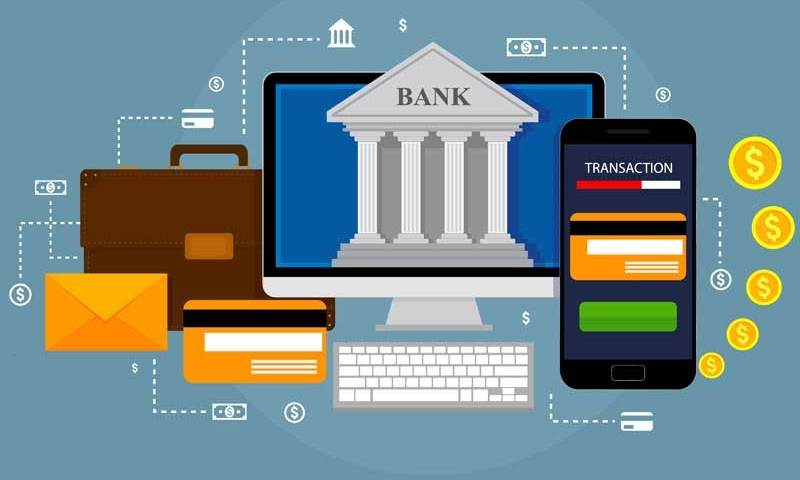
How Blockchain and Cryptocurrency are Reshaping Banking
Blockchain Technology in Banking
Have you heard about blockchain? Many banks are looking into it. It’s like a digital ledger. This ledger records all transactions. It’s super secure and open. It allows everyone to see the history. But no one can change past records.
Let’s think about why this matters. Normally, banks keep transaction records. With iblockchain, records are kept across many computers. This makes fraud tough. Plus, transferring money can be faster and cheaper. This is big for banks. They can cut costs and serve you better.
This tech also helps with things like loans and tracking money. Say you want to borrow money. Blockchain can make this quicker. It can check your details fast. This means getting a loan could be much simpler.
Now, traditional banks and fintech are quite different. Banks can be slow. They have many rules to follow. But fintech companies, they move fast. They use tech like blockchain to change the game. They’re making banking quick and easy for everyone.
Blockchain isn’t just for techies. It’s making real changes in banking today. This means better services for you and me.
Cryptocurrency and Banking: A New Paradigm
Now, let’s talk about cryptocurrency. It’s all over the news, right? Bitcoin, Ethereum… these are types of cryptocurrency. They are digital money. You can send them over the Internet.
Banks see big changes coming. Cryptocurrency could change how we think about money. You can send it anywhere, fast and cheap. You don’t need a bank or cash.
So, what’s this mean for banks? They have to adapt. They’re creating their own digital money. They’re joining the crypto world. Some people think this could be the future of money.
And here’s something cool. You can also earn money with crypto. There are apps where you can lend your crypto. You can earn interest, like a savings account. This is a fresh way to think about growing your money.
But remember, there are risks. Cryptocurrency can go up and down in value. It’s like a rollercoaster. So, be careful. Learn as much as you can.
In conclusion, both blockchain and crypto are changing banking. They are bringing new ways to handle money. They offer speed, lower costs, and more control. They could be the future of finance.
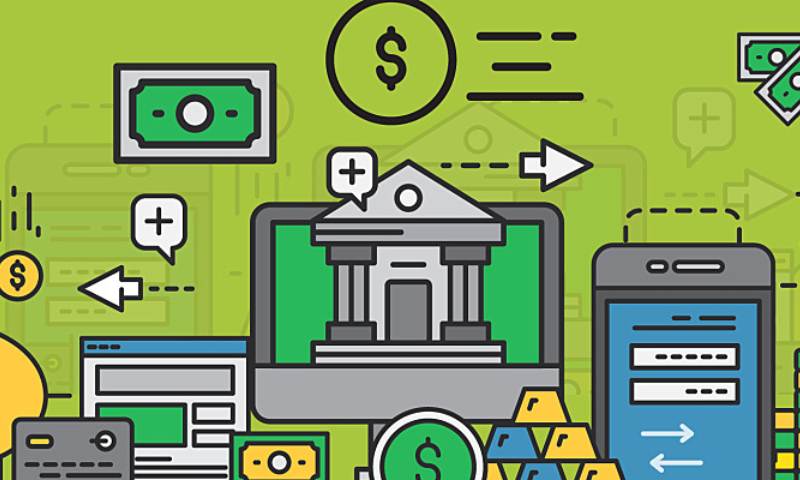
Fintech’s Role in Advancing Personal Financial Management
Digital Wallets and Their Impact on Spending Habits
Let’s chat about digital wallets; they are a big deal now. You might ask, “What’s a digital wallet?” Simply put, a digital wallet is where you keep money online to buy things. You can use it to pay with a tap of your phone. It’s easy and fast.
Digital wallets change how we spend money. Yes, they do! People find it easier to buy stuff when they use them. There are no coins to count or cards to swipe. Just a quick click, and that’s it. This means we might spend more without thinking hard about it.
A digital wallet lets you pay anywhere. This is cool for quick buys. It makes shopping easy. Some folks say they buy more with it. Others think it helps them track spending better. It’s a tool, and we all use tools differently.
Robo-Advisors in Finance: Automating Investment Strategies
Now, robo-advisors – they’re another hot topic. “What’s a robo-advisor?” It’s a smart program that helps you invest money. It does all the math for you. No need to guess where to put your cash; the robo-advisor plans it all.
It looks at your money, how old you are, and your goals. Then, it picks where to invest. The cool part is this: it keeps watching your money. It makes changes as needed to keep your money growing.
People like robo-advisors because they’re low-cost and simple. You don’t have to be rich to use them. They work for everybody. Just set it up, and it goes to work for you.
Robo-advisors are not perfect, but they sure help lots of us. They take hard tasks and make them simple. If you’re new to investing, or busy, consider trying one. It could be a smart move.
Both digital wallets and robo-advisors can help with money. They make some things easier. But remember, they’re tools. How they impact you depends on how you use them. Be smart about it. Make these fintech tools work for you, not against you.
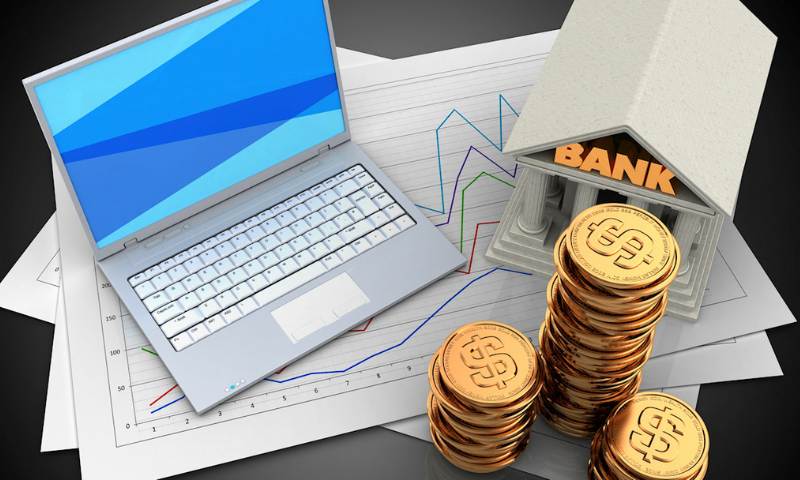
Navigating Regulatory and Security Challenges in the Fintech Ecosystem
Fintech Regulatory Challenges and Their Impact on Innovation
In fintech, new ideas pop up like popcorn. Each one needs to fit the rules, though. These rules keep our money safe. Banks know these rules well, but fintech folks still learn them. People behind your phone’s payment app work hard to follow these rules. But tough rules can slow down their smart ideas. Everyone wants these ideas fast and safe. Keeping this balance is a big deal in fintech.
Rules change from place to place. What works here might not work there. This can confuse fintech companies. They have to change their apps to fit each place. This can take time and money. Fintech helps people in far places get to their money faster. This is good because it means more people can use banks and save money. Firms that help you invest money also have to follow rules. These rules make sure they don’t make bad choices with your money.
Fintech talks to big banks and governments to make these rules better. They all want to protect you but also let new ideas grow. When they get it right, we see new services like sending money across borders with a few taps on your phone. New banks without any branches are also part of this talk. They can give you what you need with just an app.
Fintech Data Security Concerns: Safeguarding Consumer Information
Your trust is top priority in fintech. Bad people try to steal your money online. So, fintech works hard to keep your details secret. Your name, your money – they lock it up tight. Just like banks, they use heavy-duty tech to stop thieves. But fintech companies are younger. They move fast and sometimes make mistakes. They learn quick, though. Their apps get strong fences to keep your money safe.
When you buy something with your phone, they make sure it’s really you. They check, double-check, and keep an eye out for anything odd. This is important in peer-to-peer lending too. This is when you borrow money straight from other people online. Everyone needs to know their money is in good hands. The same goes for those trying to grow their money in new ways. Investment apps can help you, but they have to be like fortresses. They protect your money like it’s their own.
Blockchain helps here. It’s like a super code no one can break. It keeps track of who owns what. It’s used in banking now and moves money with no chance for tricks. This tech also backs up new kinds of money, like Bitcoin. It’s not just techy talk; it makes things safer and faster.
Good fintech firms check their apps all the time. They block any weak spots where trouble could sneak in. They know one mistake could mean a big loss of trust. And in fintech, trust is everything. They want you to feel as safe as if you kept your money under your mattress but with the bonus of modern tech.
We looked at how tech shakes up money matters. From folk lending cash to each other online to banks on your phone, stuff’s changing fast. We saw blockchain and crypto rewrite the rules, and how your phone can be your wallet, helping you spend smart. Even your investment advice comes from robots now! But with all these cool changes, we also need to watch out for rules and keep our money safe from hackers.
Think about it, finance isn’t just for suits and ties anymore. It’s in our hands, evolving with every tap on our screens. We’ve got to keep our eyes open for the next big shift. It’s an exciting ride, and we’re just getting started. Let’s stay smart and make these tools work for us!
Q&A :
What is Financial Disintermediation and How Does Fintech Facilitate It?
Financial disintermediation refers to the process where consumers bypass traditional financial intermediaries—like banks, brokers, and loan officers—to directly access financial services. Fintech, or financial technology, facilitates this by providing innovative technological solutions that enable consumers and businesses to manage their financial operations, processes, and lives through specialized software and algorithms applied on computers and, increasingly, smartphones.
How Is Fintech Changing the Landscape of Financial Services?
Fintech is significantly altering the financial service industry by introducing digital platforms that offer streamlined, user-friendly services with greater accessibility and often at a lower cost than traditional financial institutions. This includes mobile banking, peer-to-peer payment platforms, crowdfunding, and cryptocurrency exchanges. By leveraging technology, Fintech companies are creating a more competitive marketplace, forcing traditional institutions to evolve or face obsolescence.
What Are the Advantages of Fintech Over Traditional Banks?
The advantages of Fintech over traditional banks include increased efficiency, lower costs, and enhanced accessibility for customers. Fintech platforms often operate online and use automated systems, which reduces the need for physical branches and personnel. This can result in lower fees and better rates for consumers. Furthermore, Fintech solutions tend to be more innovative and user-friendly, providing consumers with a more intuitive financial experience.
Can Financial Disintermediation through Fintech Improve Financial Inclusion?
Financial disintermediation through Fintech has the potential to improve financial inclusion by extending financial services to underbanked or unbanked populations. With the ubiquity of mobile devices, even individuals in remote or economically disadvantaged areas can access various financial services such as mobile payments, microloans, or insurance, which might not have been accessible through traditional financial institutions.
What Are the Risks Associated with Financial Disintermediation in Fintech?
While financial disintermediation offers various benefits, it also comes with risks, such as increased exposure to cyber-attacks, data privacy issues, and potential for financial fraud. As Fintech companies are not always subject to the same stringent regulations as traditional banks, there could be higher risk of financial instability or misuse of consumer data. It’s important for regulatory frameworks to evolve alongside Fintech innovation to mitigate these risks.

